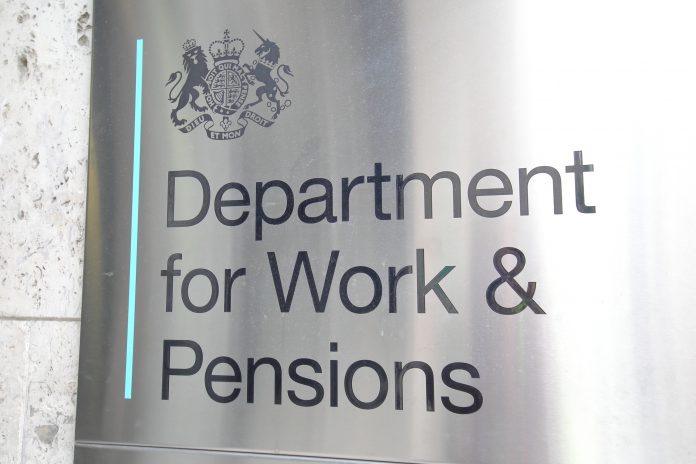Here, Andrew Megson, Executive Chairman at My Pension Expert, discusses whether COVID-19 has caused widespread pension panic
As consumers approach the age of 55, a feeling of doubt and uncertainty about their personal finances may begin to set it. They may begin to question their financial security; do they have enough money to survive on after retirement, is their pension pot “doing enough” with their current provider, when are they able to access their money?
Such questions are common. In fact, they are all symptoms of pension panic. Unfortunately, these feelings have become more and more commonplace thanks to the onset of the coronavirus pandemic.
COVID-19 has had a huge impact on our day-to-day lives. Job security, for one, has been shaken. Indeed, as of mid-June, 8.9 million workers were furloughed, whilst 2.6 million self-employed were relying on the government for financial support. And despite the Government’s best efforts to preserve as many jobs as possible, it looks likely that uncertainty will remain rife for the foreseeable future; British business executives predict that 3.5 million people will be out of work by the end of 2020.
Unsurprisingly, many consumers are starting to feel the financial repercussions and for those approaching the age of 55, some will suddenly be reassessing their financial plans ahead of retirement. Whether they now plan to dip into their pension earlier than expected to address short-term cash flow issues, or they plan to overhaul their entire long-term strategy, pensions are undeniably being placed under the microscope.
Prey for scammers
People’s confidence has been jolted by the pandemic, and the sense of panic setting in among some pension-planners is playing into the hands of fraudsters. Indeed, in the first five months of 2020, Action Aid reported over 2,100 cases of fraud, costing victims a total of £5.14 million, with pension scams among the most common.
Luckily, it is possible for savers to spot the warning signs. For example, some will approach victims offering a “free pension review” and inevitably conclude that the victim’s money would be better off in a high-risk, unregulated investment such as forestry or storage units. Others will falsely claim that they could access their pension without any tax repercussions (this ultimately leaves the victim with a tax bill of 55%, in addition to the money lost through the scam itself). Some scammers still try their luck cold-calling victims, despite this being illegal since January 2019.
If in doubt, savers should consult the Financial Conduct Authority’s (FCA) Financial Services Register. The register contains all FCA regulated financial advisers; if a company is not listed, it is likely a scam.
Overcoming the panic
So, how can consumers avoid being swept up in pension panic? The answer is surprisingly simple; consult an independent, regulated financial adviser.
The FCA strongly encourages consumers to seek financial advice when cashing in a pension pot worth over £30,000. Yet this recommendation leads some people to assume that if they are cashing in less, advice is not necessary.
Many believe that they are capable of creating their own retirement strategy. Meanwhile, others are happy to let their workplace pension scheme do all the hard work, while others simply think advice is too expensive.
These are dangerous assumptions. Independent financial advice is vital to making well-informed financial decisions and does not necessarily come with a hefty price tag. In reality, there is too much a stake to not seek out proper advice and create the best pension plan – after all, the state of one’s retirement pot will go a long way to shaping the later years of their life.
The real value of advice
Consumers may understand the pension basics; however, for many, the basics will not enable them to make the most of their money. For example, while it might seem logical to leave a pension pot as long as possible for it to increase in value, this option might not be suitable for a consumers’ specific needs.
There are many options available, so it is vital that one can successfully navigate the market and choose the pension plan that works best for them. Take annuities, for example: these are financial products which consumers buy with their pension pots. In essence, they offer consumers the security of a monthly income for life (of for a specific time period agreed with an annuity provider).
Alternatively, those over 55 might better suit a flexible access drawdown, which grant pensioners the flexibility to take out the tax-free cash from their pension pots, leave the balance of the fund invested, defer income or take and vary income to suit their specific needs.
Naturally, retirement finance models are never a case of one-size-fits-all; and therein lies the value of an independent financial adviser. They will be able to assess various financial options, and help savers chose an option to best fit their financial circumstances.
Financial management as one approaches retirement can be overwhelming, particularly when we are in the throes of a global pandemic. However, consumers never have to muddle through alone. By seeking independent financial advice, consumers will be able to assess numerous financial options, fight off pension panic, and make well-informed decisions.











